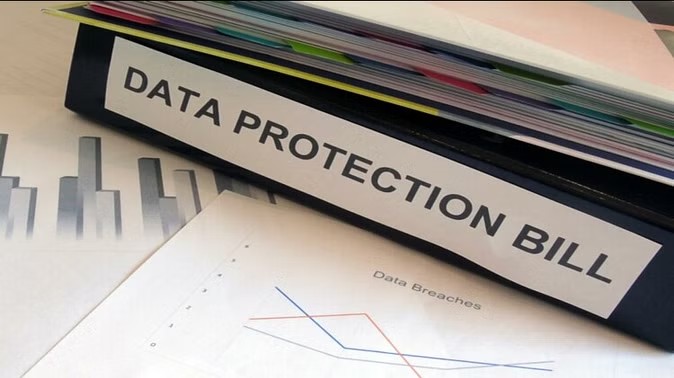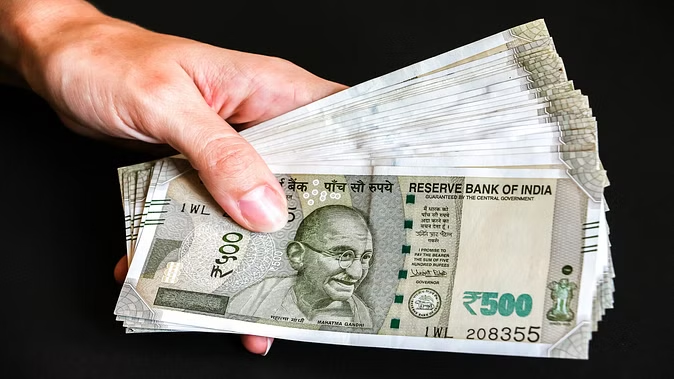
The Digital Personal Data Protection (DPDP) Bill, 2023 has been approved in the Lok Sabha on Monday. The Lok Sabha has approved the new Digital Data Protection Bill 2023 amidst the uproar of the opposition on the Manipur issue. Let us inform you that Union IT Minister Ashwini Vaishnav introduced the Data Protection Bill 2023 in the Lok Sabha on Thursday, 3 August. After which the opposition MPs objected to this bill and demanded to send it to the parliamentary committee.
After the bill was introduced and passed, Union IT Minister Ashwini Vaishnav said that the opposition members have little concern for issues like public welfare and the security of personal data of people and hence they were raising slogans. He also urged the House to pass the bill unanimously.
Explain that the norms of the new Data Protection Bill will apply to personal data collected online and offline from data principals within India. This will also apply to such processing outside India (for providing goods or services to persons in India).
The Bill provides for the processing of digital personal data and makes necessary provisions to protect the right of individuals to protect their data and prevent such personal data from being used for profit for legitimate purposes.
Bill introduced last week
Union Minister Ashwini Vaishnav introduced the Data Protection Bill 2023 in the Lok Sabha on 3 August. Opposition MPs objected to the introduction of the proposed law and demanded it be referred to a parliamentary committee. The Union Minister said that the arbitrariness of social media companies will be curbed by the new Data Protection Bill. Explain that this bill provides for the processing of digital personal data in a manner.
Crores fine will be imposed for breaking the rules
According to the new Data Protection Bill 2023, entities that misuse or fail to protect users' digital data may face a fine of up to Rs 250 crore. An entity violating the rules can be fined a maximum of Rs 250 crore and a minimum of Rs 50 crore. The new Bill lays down the rights of individuals as well as the obligations of entities handling and processing data.
According to the new Bill, "no rule shall be made against the Central Government, the Board, its Chairman and any member, officer or employee thereof for anything which is in good faith done or intended to be done under this Act or the provisions thereof." No suit, prosecution, or other legal proceedings shall be instituted." Under the Bill, the Central Government is also empowered to block content in the interest of the general public on receipt of a written reference from the Board.
(pc amarujala)










